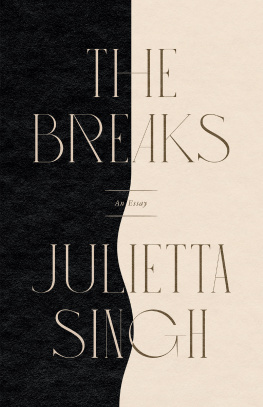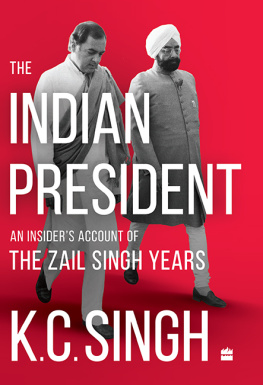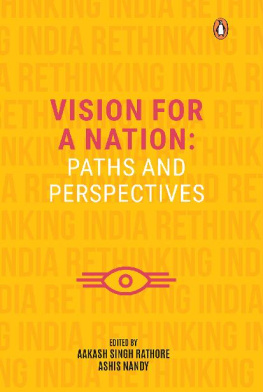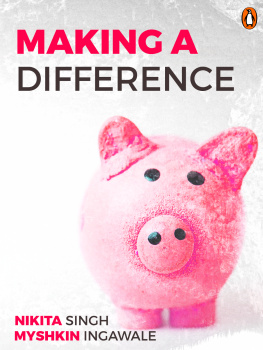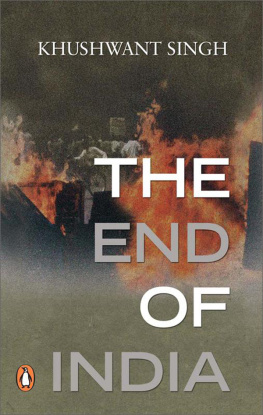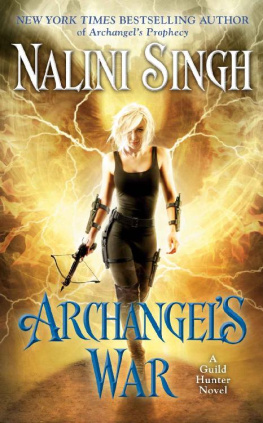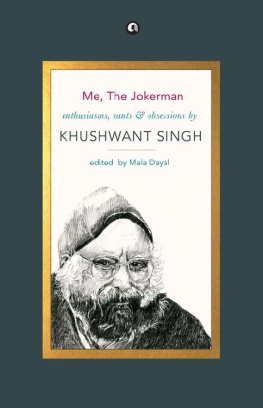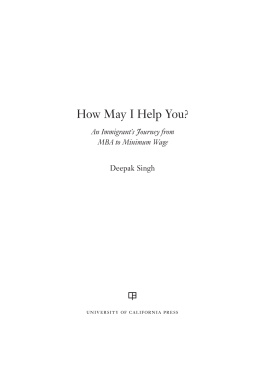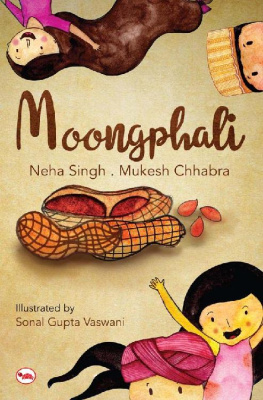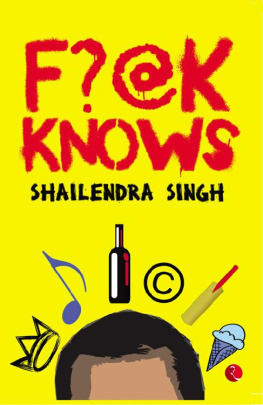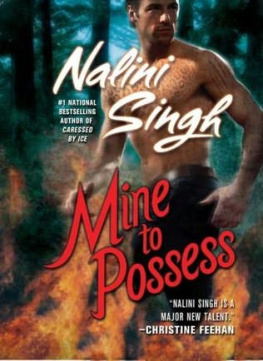Contents
Page List
Guide
THE BREAKS
THE BREAKS
Julietta Singh

Minneapolis
2021
Copyright 2021 by Julietta Singh
Cover design by June Park
Book design by Rachel Holscher
Author photograph Chase Joynt
What People Do is from Words Under the Words: Selected Poems by Naomi Shihab Nye, copyright 1995. Reprinted with permission of Far Corner Books.
Coffee House Press books are available to the trade through our primary distributor, Consortium Book Sales & Distribution, cbsd.com or (800) 283-3572. For personal orders, catalogs, or other information, write to info@coffeehousepress.org.
Coffee House Press is a nonprofit literary publishing house. Support from private foundations, corporate giving programs, government programs, and generous individuals helps make the publication of our books possible. We gratefully acknowledge their support in detail in the back of this book.
LIBRARY OF CONGRESS CATALOGING-IN-PUBLICATION DATA
Names: Singh, Julietta, 1976 author.
Title: The breaks / Julietta Singh.
Description: Minneapolis : Coffee House Press, 2021. | Summary: An epistolary essay about race, inheritance, and mothering at the end of the world Provided by publisher.
Identifiers: LCCN 2021007841 | ISBN 9781566896160 (trade paperback) | ISBN 9781566896252 (ebook)
Subjects: LCSH: Singh, Julietta, 1976 | East IndiansUnited StatesBiography. | Mother and childUnited States. | RacismUnited States. | Queer theoryUnited States.
Classification: LCC E184.E2 b .S56 2021 | DDC 305.800973dc23
LC record available at https://lccn.loc.gov/2021007841
PRINTED IN THE UNITED STATES OF AMERICA
28 27 26 25 24 23 22 211 2 3 4 5 6 7 8
Contents
THE BREAKS
I n the run-up to Thanksgiving last year, you learned a whitewashed story at school about how the first peoples of this land were happy to give their sacred spaces to the consumptive force of European men in the name of civilization and progress. You came home from school and unzipped your backpack, revealing with artistic pride a picture book you had colored and stapled yourself. Your kindergarten teacher had asked you to color in a little Native American girl, then a Native American boy, followed by a pilgrim girl and boy, each one garbed in their traditional attire. I admired the craft of your book, a swell of parental pride coursing through me as I witnessed the evidence of my progeny doing and making things in the world beyond me. And I relished that you had colored all four children Brown like you.
As you flipped through the pages of your book, you narrated a sad story about how much the pilgrims had suffered when they arrived on this land. I felt a surge in my body, an immediate, unstoppable need to explain the other forms of suffering elided by this disturbingly singular narrative. I described some of the impacts of this arrival on Indigenous peoplesthe European theft of their autonomies, cultures, languages, and lands. I explained that colonial practices dramatically changed how humans live in relation to this land. And I told you that this historical moment of colonial contact was crucial to understanding how we arrived at the global ecological crisis we face today.
I will never forget the way you looked at me then, your head slightly tilted to one side, your eyes wide in bewilderment. We were sitting on the landing at the top of the apartment stairs, the contents of your backpack scattered around us. This is not what my teacher told us, you said with unmistakable agitation. I knew that for the first time you were confronting the existence of conflicting worldviews, a vital gulf between your formal education and your maternal one. Thats okay, I said. My job as your mother is to tell you these stories differently, and to tell you other stories that dont get told at school. I pressed on to explain that history is a story based on a version of the past. Can you hear the word story in history, I asked? You nodded slowly, a little body in deep rumination. These stories need to be told from the perspectives of those who have been most damaged by history. These other stories, I said, can teach us how to keep living.
From the onset of your public education, you have been learning what it means to be American through a manicured version of history that keeps European whiteness at its center. This form of education willfully forgets the lives that were destroyed, the bodies that were brutalized, and the cultures and traditions that were abolished or displaced to establish that center space. It tells you a singular and continuous narrative of Western capitalist expansion, obscuring the bleak fact that much of what we call progress has been a direct and unrelenting line to the wholesale destruction of the earth. Against this obliterating narrative, I glean from the fragments in an attempt to teach us otherwise. I scramble to harvest alternative histories omitted by the textbooks, the histories of those who have faced annihilation and lived toward survival.
Learning to mother at the end of the world is an infinite toggle between wanting to make you feel safe and needing you to know that the earth and its inhabitants are facing a catastrophic crisis. This morning, you went off to school to learn discipline, to hone your reading and writing skills, to study official state history. I am at my desk sipping tea, turning over words. The birds are chirping outside my window. You, me, the birds. We are all creatures living as though we have a future, as though tomorrow will continue to resemble today. Meanwhile, plans are being devised to drive the marketplace forward when the earths nonrenewable resources are exhausted. Scientists and businessmen are plotting to colonize the moon in a relentless drive to create an alternative human habitat when this one can no longer foster us. There is no consideration of ceasing extraction, only a maniacal mission to discover other worlds to plunder.
When the earth is rendered uninhabitable, when extractive capitalism leads to wholesale ecological collapse, we will not be chosen for this new other-planetary world. We, along with nearly everyone else, will be left in ecological destruction to scavenge what we can from the wreckage, or to perish. The truth is I am glad not to be among the chosen ones. I know in my body the cost of discovering new worlds, the brutal violence that accompanies the colonial mission. No, I do not want to leave this planet. What I want is another world. And when I say another world, I mean this one, toppled and reborn.
Another Thanksgiving is upon us, and this year you inform me that your first-grade class will soon be studying Pocahontas. You ask me earnestly whether we might watch the Disney movie together. Intuiting my hesitation, you add that Pocahontas comes from the land near where we now live, and that she is a superimportant person. I concede to your request, knowing you will see this film sooner or later, and finding myself oddly curious about how Disney has rendered this history.
In preparation for our date, we slice apples, pour chamo-mile tea, and fill bowls with popcorn before climbing into my bed to watch under the covers. Early in the film, you declare that Pocahontas reminds you of yourself, and I ask you how you see a resemblance. Eager to keep your attention on the movie, you briefly list her kindness and her connection with nature. Then, in a fabulous offhanded gesture that makes me laugh, you add that Pocahontass hair, which is long, immaculate, and shining black, is quite similar to your own short, ever-disheveled, and unmistakably brown hair.

